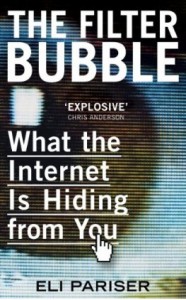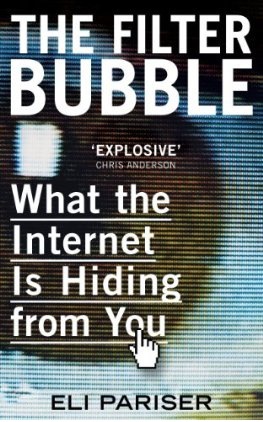
In May, when Eli Parser first gave his TED talk about what he called the “filter bubble,” many technology analysts started talking about the subject – yours truly included. The points raised by Parser were intriguing: Was it possible the automatic personalization of technology, including search, were substantially lowering our chances of seeing contradicting viewpoints? A recent experiment contradicts that idea; it seems Google’s filter bubble can burst pretty easily.
The Bubble Experiment
Alexander Zwissler, an Oakland Tribune columnist, decided to test the filter bubble to see just how strong it was on Google. To do so, he collected a group of ten friends who were demographically similar in age, hobbies, and other basics, but different in location and political outlook. Zwissler says that he chose friends that “cover the spectrum from progressive left to conservative right and all points in between.” Each searcher would be conducting a U.S. search at the same time on the same day, while being logged into their individual Google account.
The items Zwissler selected for search were “global warming,” “mountain biking,” and “Oakland.” His expectation was that each participant would get substantially different results, especially for more politically-oriented terms.
The reality? Nearly the opposite happened. The results for “mountain biking” were the most different, apparently because of region-specific results that became relevant to different searchers. For the other searches, the “results were generally similar, with only modest differences in order of info and type of paid advertising.”
Of course, with the far greater value of the top spot on Google when compared to the second or third, even a minor change in position can represent a substantial decrease in visibility and traffic. For SEOs, this can raise questions about the potential negative impact of personalization. Zwissler’s experiment, however, shows that location is the biggest way the search page is shaken up. Take this as a signal that your page should get involved in location-signaling whenever it’s appropriate to your message or brand.
[Sources include: The Contra Costa Times]





